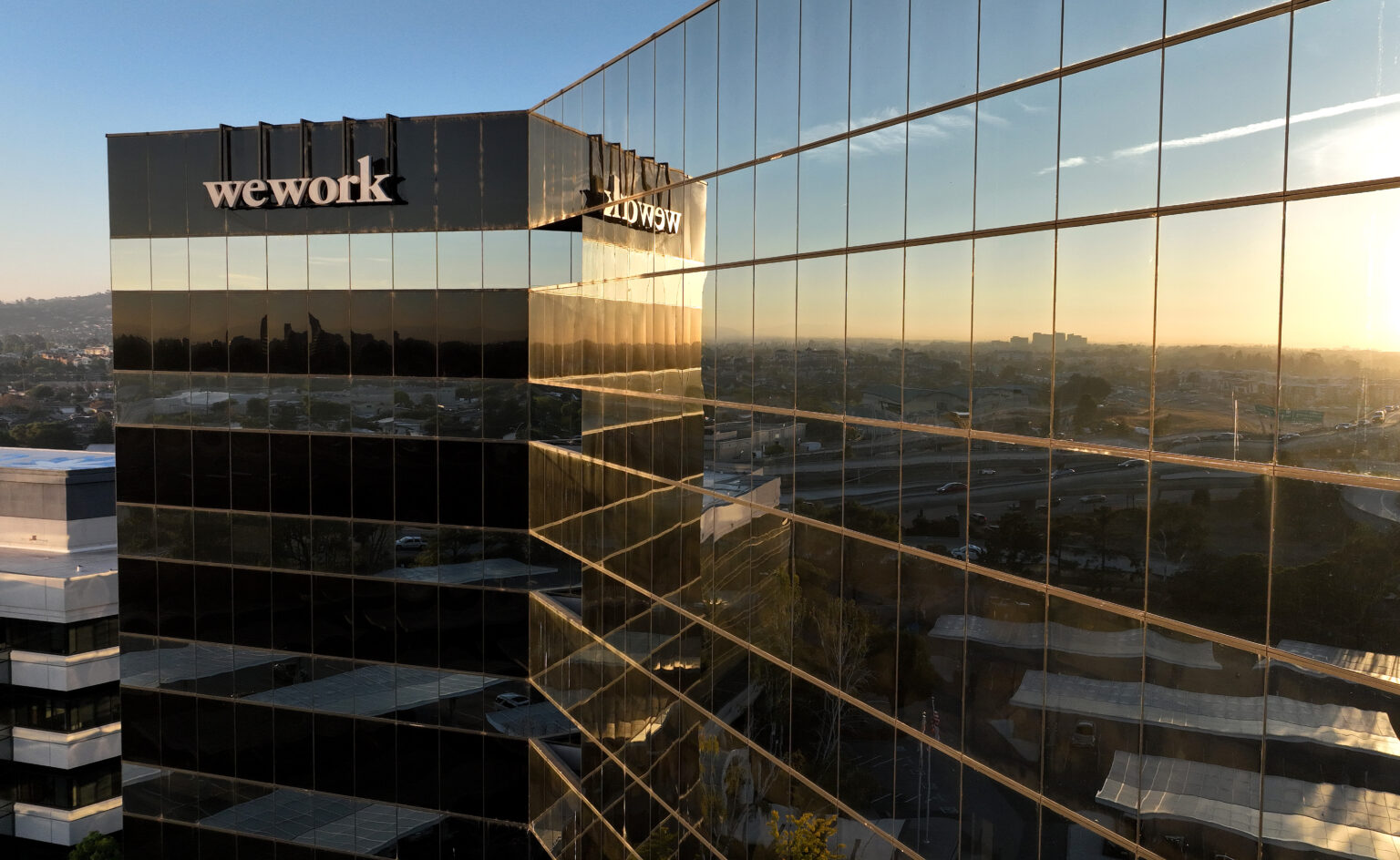WeWork was once a “unicorn” startup, valued at $47 billion by investors. It specialized in the then-revolutionary idea of shared workspaces for remote workers and entrepreneurs seeking affordable office space.
At its height, WeWork managed $15 billion in assets. However, it also had $18.6 billion in debt.
CEO David Tolley later described WeWork’s primary issue as “unsustainable hyper growth.” In September 2023, WeWork was renegotiating its lease liabilities, which comprised 2/3 of its operating expenses.
COVID-19 pandemic didn’t help matters, as many remote workers decided it was safer to work from home than to pay for coworking space. But by August 2022, WeWork managed to recover to its pre-pandemic occupancy levels.
In November 2023, the company filed for Chapter 11 bankruptcy. Stock shares plummeted. Bankruptcy Judge John Sherman approved a restructuring deal that would reduce WeWork’s debt by $4 billion with creditors’ approval. Softbank injected $450 million in new financing into the company.
Co-founder Adam Neumann admitted that it had been hard to watch the company disintegrate since his departure amid the fallout from a failed 2019 IPO. The company did succeed in going public in 2021 despite regulatory filings showing that it was still losing money.
Neumann became one of a few parties that expressed interest in buying the company out of bankruptcy. However, he backed out after WeWork seemed stubborn about a strategy that was “unrealistic and unlikely to succeed.”
Since then, other parties, such as the residential rental company Rentberry and Berkeley Hills Capital, have expressed interest in acquiring WeWork. The latest update from Rentberry CEO Oleksiy Lubinsky indicates that WeWork completed its due diligence and submitted an offer.
Meanwhile, WeWork sold its India wing to Real Trustee Advisory Company Private Ltd and Embassy Buildcon. WeWork India was faring better than WeWork’s operations elsewhere and had recently opened the Olympia Cyberspace facility in Chennai. It also announced a deal to lease 51,000 square feet of office space to Deutsche Telekom.
WeWork is still in business in the United States, though on a smaller scale. It can use its spaces to host professional events. Entrepreneurs enjoy networking events that help them meet other entrepreneurs and freelancers (and enjoy good food).
A recent survey conducted by WeWork showed that 59% of companies that plan to expand their workspace over the next two years will look into flexible workspaces and coworking. The survey also shows that 86% of companies consider returning to the office important for profitability and company culture.
Competition has gotten increasingly intense, with companies like International Workplace Group (formerly Regus) and Servcorp also operating coworking spaces on a global level.
WeWork wouldn’t be the first company to recover from Chapter 11 bankruptcy, even if it never becomes a $47 billion heavy hitter in the flexible workspace niche again.
Related: Bucca di Beppo Files for Bankruptcy


